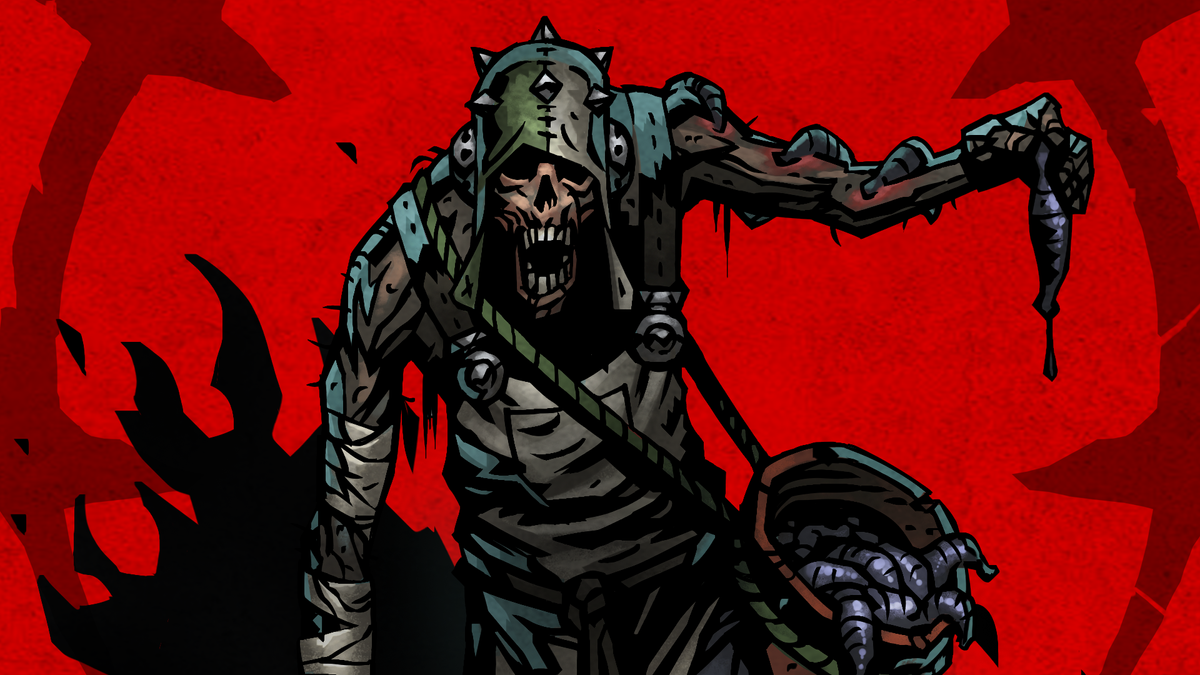It's going to be absolutely fascinating to see how the situation develops. Personally, I'm very wary of making predictions, and will refrain from doing so, because you never really know what's going to happen in the end. Remember when, according to analysts and other oracles, Nintendo was doomed to stop producing consoles and switch its business to smartphone games and third party publishing? Remember when, following the phenomenal success of the Playstation 2, Sony was bound to enjoy great success with the Playstation 3 and even go on to compete with Windows? Remember when Xbox was bound to capitalize on the success of the Xbox 360? So I'm going to avoid drawing any definitive conclusions about Microsoft's future in video games.
Since Xbox burst onto the video game market, they have never ceased to act in line with their parent company's objectives, namely to try and impose a proprietary ecosystem, a strategy that made Windows so successful, and to try and ultimately weaken the competition, even if it means losing money to do so. The means of achieving this have undoubtedly changed several times along the way, and the approach has undoubtedly evolved again recently, but the objective has always been the same and remains the same in my opinion.
Logically, the birth of Xbox was strongly influenced by Microsoft culture. The emphasis is on powerful hardware (still the case today), while the dominant PS2 is less powerful than the Game Cube. Their flagship game is Halo, FPS being one of the most emblematic of PC gaming. From the outset, they placed a strong emphasis on online gaming, showing themselves to be fairly pioneering on consoles. And their marketing is very much focused on their home market, the USA, which also hasn't really changed. While Playstation has taken the lead in the market by securing the massive support of third-party publishers, Xbox, in line with Microsoft's philosophy, adopts a logic of internal appropriation, i.e. acquisition. If you can't have Nintendo (your predecessors tried before you Phil, you know), then get Rare, because Rare is Donkey Kong (spoiler: no), which is an iconic character in the American history of video games. The first Xbox was a real success in the U.S., outperforming Nintendo and helping to establish the brand with a positive image.
They gradually learned, they made sure to emphasize creativity and commercial attractiveness, which is still one of their great qualities today, and they achieved a well-deserved success with the Xbox 360. The problem is that this success has only served to underline what has motivated them from the begining: imposing a closed, restrictive environment that users have grown accustomed to being captive to. This explains the disastrous launch of the Xbox One, undoubtedly linked to the fact that the success of the 360 had given them enough confidence to try and start realizing what Microsoft had been spending money on video games for all along.
When Xbox focused on Game Pass, it simply pursued the same objective in a different way, recognizing its difficulties in establishing itself with its hardware. Focusing its strategy on a subscription model simply means trying to do to the video game industry what Netflix has done to the film industry and cinemas. The problem is that the logic of quantity and library devalues the games and is difficult to make profitable, even with a large critical mass of customers, as shown by the economic difficulties and the adjustment of the offers of streaming platforms. And the game pass hasn't even reached a critical mass of customers to begin with, even with a commercially aggressive offer!
Given the fundamental reasons why Xbox insists so much, not to say heavily, on its Game Pass, neither Nintendo nor Sony have the slightest interest in welcoming this offer into their ecosystems. The still hypothetical withdrawal of Xbox from the hardware market in its current form would change absolutely nothing: the time you would spend using your Game Pass subscription on a Nintendo console, you would not spend playing and therefore buying Nintendo games. It would be like the Three Little Pigs offering tea and cookies to the Big Bad Wolf! And Sony also has much more money and value to extract from a commission on the sales of games at $70 than from a commission on a subscription model that would bring in less overall revenue. Not to mention that if Game Pass really become a big succes over time, then Xbox will no longer be in the annoying and ridiculous position of constantly begging its competitors to get into trouble themselves by hosting its service; it will be its competitors who need to be able to offer Game Pass on their plateforms.
Even becoming multiplatform is not the same as openness. It's the desire to become the world's leading publisher, to be indispensable to the entire industry, to make its own ecosystem dominant and its competitors dependent.
Wow, sorry that was way too long!



